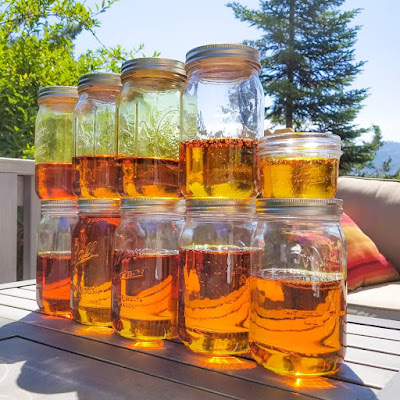The Legal and Considerate Way to Consumer premium delta 9 distillate at a Hotel
What is Delta 8 THC?
THC refers to the active ingredient in marijuana that causes an intoxicating effect. Not all THC chemical compounds in hemp and cannabis are the same, though. Delta 9 THC reflects the strong chemical compound that makes marijuana users high. Delta 8 THC is a different chemical compound and not a controlled substance under federal law. Delta 8 THC only exists in trace amounts in hemp and cannabis, and the law never classified it. In 2018, Congress passed a farm bill that legalized certain hemp-extracted products provided they contain less than 0.3% of Delta 9 THC, among other rules. Manufacturers then began extracting Delta 8 THC from CBD to offer Vapables, edibles, and more. Under federal law, products like Delta 8 edibles and Vapables are not explicitly illegal. So, they became available for sale. Buyer beware: Delta 8 products are not legal in every state, including ones that legalized marijuana.
Is Delta 8 a Lighter Product
premium delta 9 distillate & Engineering News refers to Delta 8 THC as a “mildly euphoric isomer of psychoactive delta-9,” noting the main difference between Delta 8 and Delta 9 is the “location of the double bond between two carbons.” Several resources report that people “claim” Delta 8 is milder, while others make more definitive statements. EcoWatch states delta 8 THC’s “psychoactive effects are considerably milder.”User experiences undoubtedly vary, and no resource could predict exactly how someone will feel. Overall, most resources suggest that Delta 8 is milder, and such news prompts consumers to want to purchase Delta 8 THC instead of Delta 9 THC. Of course, many consumers purchase Delta 8 hemp because it is not illegal where they live, but Delta 9 THC products are. Why Some Hemp Enthusiasts Might Prefer the Less Potent Delta 8 THC.When Delta 8 THC arrived as a milder alternative to traditional cannabis, many felt shocked. Consumers weren’t the only ones caught by surprise by the arrival of a “new” variation. State lawmakers never expected a legal gray area to open sales doors for the various Delta 8 products, and some expressed displeasure by banning it. Would-be consumers may find it wise to stay on top of state laws for delta 8 THC or face the consequences.
What is Delta 8 THC
Delta 8 THC is the “chemical cousin” to Delta 9 THC, the active ingredient in marijuana that makes people experience a high. Delta 8 THC exists in trace amounts in hemp, and the volume in, say, a CBD product would not be enough to make someone feel any high. Since Delta 8 THC wasn’t of any concern to lawmakers and regulators, it was Delta 9 THC that found itself listed as an illegal Schedule I controlled substance.
Over the years, the CBD and hemp farming market grew exponentially, and the 2018 Farm Bill sought to accommodate the industry. The legislation legalized “hemp-extracted” products with “less than 0.3%” Delta 9 THC. Delta 8 THC received no mention, so a legal gray area led to manufacturers developing an extraction process to make Delta 8 edibles, Delta 8 disposables, and more.Consumers must realize that federal law is not the same as state law. So, several state legislatures took steps to ban the product within their jurisdiction.
Learning about State Laws and Delta 8 THC
Learning about state laws regarding Delta 8 THC could keep a hemp enthusiast and cannabis fan out of trouble. If using or possessing Delta 8 disposables or Delta 8 edibles is a crime, an arrest and conviction, along with a permanent criminal record, are possible. Ironically, some states legalized Delta 9 THC for recreational use and made Delta 8 THC illegal, such as Arizona and Vermont. Regardless of what someone thinks about these rules, the law remains the law. Violating the law could leave someone in serious legal jeopardy.
Support Line 24/7: +1(505)257-5355



Comments
Post a Comment